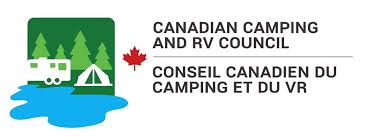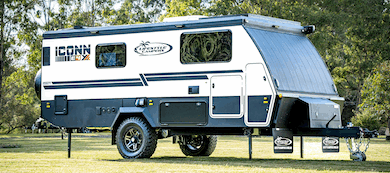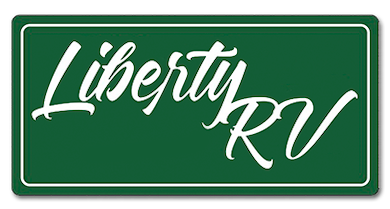Canadian Snowbirds Want to Fly South

The Canadian Camping and RV Council said it has expressed concerns to Prime Minister Trudeau regarding the status of Canadian “snowbirds” who may not be able to travel south this fall after the camping season ends.
As of now, the Canada/U.S. Border remains closed to non-essential travel because of COVID-19.
Canada’s National Private Campground Association estimates that there are between 50,000 to 200,000 Canadian snowbirds who either travel in an RV or stay seasonally during the spring to fall months at Canadian private or government-owned campgrounds, but then live in the south during the winter.
The statement from the Canadian Camping and RV Council goes says, “While campgrounds and other U.S. businesses that cater to Canadian snowbirds would like them to relocate south this winter, many Canadians are wary about traveling to the U.S., whose efforts to contain the COVID- 19 pandemic have paled compared to those of other industrialized countries, including Canada.
“At the outset of this crisis in March, Prime Minister Trudeau called upon all Canadians, including snowbirds, residing outside the country to return home immediately with their RVs. This resulted in enormous strain on some private campground owners in Canada at the time who were either coerced through public pressure or who voluntarily opened their businesses early in order to accommodate these RVers who had limited or no other alternatives.
“However, the majority of private campgrounds in Canada (outside of British Columbia) are seasonal businesses and are not designed nor capable of operating their water and septic infrastructure/essential services without risk of permanent damage to the components in extreme cold weather.”
“For these reasons, CCRVC, acting on behalf of their private campground owners, is proactively communicating with government agencies and snowbirds that private campgrounds cannot be considered as an option to accommodate them for an extended stay after the current camping season ends in October should the U.S./Canada Border continue to be closed for non-essential travel.
“As a potential solution. CCRVC is partnering with the Hotel Association of Canada to offer discounted daily and longer-term accommodations to Canadian snowbirds who may not have any other options available to them. An alternative could be the opening of the U.S./Canada Border one way for Canadians to travel to the U.S. but not for U.S. travel into Canada.”


